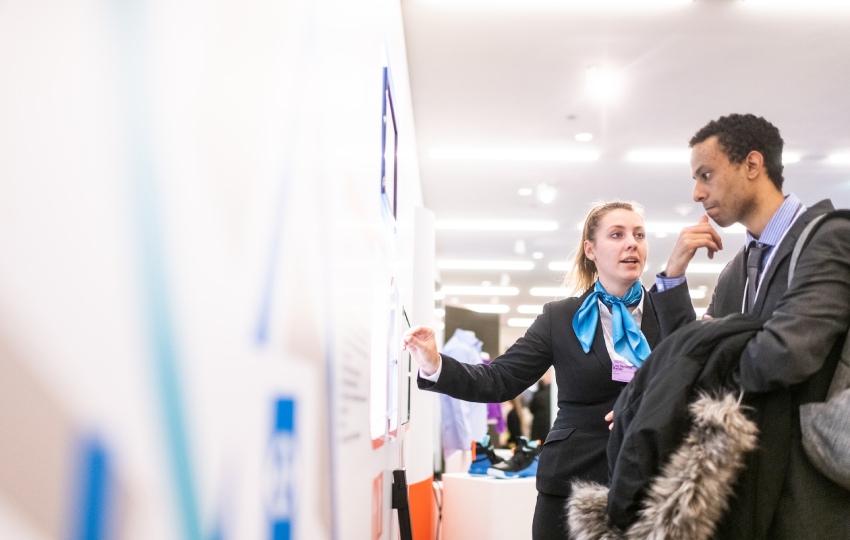The world is changing at an unprecedented pace, and so is the labour market. The COVID-19 pandemic has accelerated these changes, leaving many young people uncertain about their future career paths.
You’re not alone if you’re between 18 and 25 and wondering how to navigate your career choices in this new normal. This blog delves into the essence of the recent DECIDE report, offering practical insights to empower your career decision-making in a post-pandemic world.

What is the DECIDE project?
DECIDE is an Erasmus+ EU project addressing the so-called “Career choices competencies for the post-pandemic future using multi-criteria decision-making” via an adaptive learning manual targeting young people between 18 and 25. The project aims to equip young people with the interdisciplinary competencies required for the evolving job market. Focusing on green job profiles, digital competencies, and critical thinking, DECIDE serves as a compass for young individuals navigating their career paths. It’s not just about finding a job; it’s about preparing for the jobs of the future.
The DECIDE report is a collaborative effort that brings together a diverse group of esteemed partners involved in the DECIDE project. These partners include:
- Towarzyszenie IMPAKT from Poland
- MIITR – International Institute for the Implementation of Sustainable Development from Slovenia
- Mednarodna podiplomska šola Jožefa Stefana from Slovenia
- Institute of Entrepreneurship Development – iED from Greece
- MUNDUS BULGARIA from Bulgaria
Each organization contributes its unique expertise and perspectives, enriching the report and making it a comprehensive resource for young people navigating their career paths in a post-pandemic world.
DECIDE Report: A Brief Overview of the Report for the Career Choices in a Post-Pandemic World
The Ever-Changing Labour Market
The labour market is no longer what it used to be. Traditional roles are giving way to more flexible, technology-driven jobs.
The DECIDE report highlights the growing need for digital competencies and sustainability-related job profiles. Whether it’s IT, digital marketing, or green technologies, the job market is leaning towards roles that require a blend of technical and soft skills.
The Importance of Interdisciplinary Skills
One of the key takeaways from the DECIDE report is the importance of interdisciplinary skills.
Employers are increasingly looking for candidates who can wear multiple hats—think critically, adapt to new technologies, and contribute to sustainability.
These aren’t just buzzwords but essential skills that can make or break your career in the coming years.
Mentoring and Role Models
The report emphasizes the positive impact of mentoring programs on career decision-making.
Having a role model or mentor can provide invaluable insights into the industry you’re interested in. It’s not just about what you know; it’s also about who you know.
Networking can open doors that you didn’t even know existed.
Peer-to-Peer Learning
Another interesting point the report makes is the value of peer-to-peer learning.
Sharing experiences and ideas with people in the same boat can offer fresh perspectives. It can also create a supportive environment where you can explore different career paths without judgment.
Global Trends and Local Practices
The DECIDE report goes beyond general trends, diving into specific practices in various European countries.
From Greece’s National Qualifications Framework to Slovenia’s Career Center at the University of Maribor, the report offers a plethora of examples that can serve as a roadmap for your career journey.
Conclusion
The DECIDE report is not just a study but a toolkit for young people to navigate the complexities of the modern labour market. It offers actionable insights and practical tools to make informed career choices.
As the world continues to evolve, so should your approach to career planning. Equip yourself with the right skills, seek mentorship, and keep an open mind. The future is uncertain, but you can make it your own with the right tools.
Want to Learn More?
If you’re intrigued and want to dive deeper into the findings of the DECIDE report, click here to read the full report.


